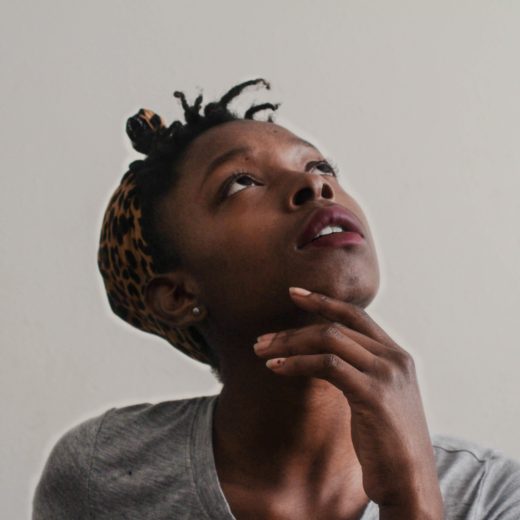Notes from a Therapist’s Desk…
Are you or your child feeling down? Unsure of how to start moving in the direction you want to go in? Know that you are not alone. So many people of all ages right now do not know where to turn. The demand for mental health services, especially pediatric mental health services, has increased. A shortage of mental health professionals, especially pediatric mental health professionals, means that not everyone can find a provider in a timely way. Amid all of this, it may be helpful to remember other kinds of things you can do to support yourself and your family. Here’s one simple, but powerful thing you can try… You can pause.
“Pause?” you ask. “How will that help?”
Yes, you heard me right! Right here, right now. Stop reading. Put your phone down. Just pause. Try what Pema Chodron recommends in her book, Taking the Leap: Freeing Ourselves from Old Habits and Fears: Look out. Take three, conscious breaths. Notice how you feel and what thoughts are coming up for you.
Then drop it all. (I like to imagine that I’m dropping a heavy bag when I do this.) And move on.
What did you notice?
The Benefits of Pausing
I wonder if you are saying to yourself right about now, “Well, sure. If I could pause more often, that would help, but I don’t have time!” If you feel like you can’t get yourself to make time to slow down, that’s understandable. It may be a cliche, but there’s much truth to the saying that, “Parenting is the hardest job in the world.” We live in a fast-paced society with lots of expectations and pressure to get things done.
Yet a funny thing happens when we make time to pause and be still… Things seem to fall into place with less effort. We have new insights about how to handle difficult situations. Problems that we thought we had sometimes resolve on their own. This is the beauty of mindfulness.
What Is Mindfulness?
People talk about mindfulness quite a bit. It’s become a buzzword in the past 20 years. Kids hear about it at school. Parents read about it on social media or hear it discussed in yoga class. But what is mindfulness really?
In his book, Wherever You Go, There You Are, Jon Kabat-Zinn, mindfulness teacher and researcher, explains that, “Mindfulness means paying attention… on purpose, in the present moment, and nonjudmentally.” Kabat-Zinn also writes that he likes to think of mindfulness as “the art of conscious living.”
Being mindful doesn’t mean you have to sit cross-legged on a mountain top and meditate all day. Practicing some form of meditation regularly helps. But taking frequent, short breaks throughout your day to pause, breathe, and check-in with yourself can also go along way to helping you and your family feel better.
Introducing Mindfulness to Kids
You may be asking… “How can I get my kids to pause when they are glued to their phone or the screen?” Modeling the mindfulness you want to cultivate in your kids helps. When your kids see you pausing, reflecting, and checking in with your body, they may ask what you’re doing. Share from your heart. Have open, collaborative conversations with them about how busyness and/or screen time affects your family and others. Get their opinions about it. (Even little ones may surprise you with their insight.) Then develop a plan to address your challenges together.
If you have younger children, read books together about mindfulness. Practice mindfulness activities as a family. You can find many free mindfulness videos and activities on YouTube or by doing a simple Google search. Build these into your family routine.
Perhaps most importantly, the next time you feel things are starting to escalate and you have the thought, “I should just pause everything for a moment, but I can’t,” try to do it anyway. Stop. Drop what you are doing. Say to yourself or out loud, “I’m going to press pause.” Perhaps make a gesture, as if you were actually pressing a “pause button,” so your kids can visualize what’s happening. Take three conscious breaths. Check in. And let it go.
At Intuition Wellness Center, we specialize in health and wellness services for children, young adults, and their families. If you think you would like some extra support, we’re here for you.


